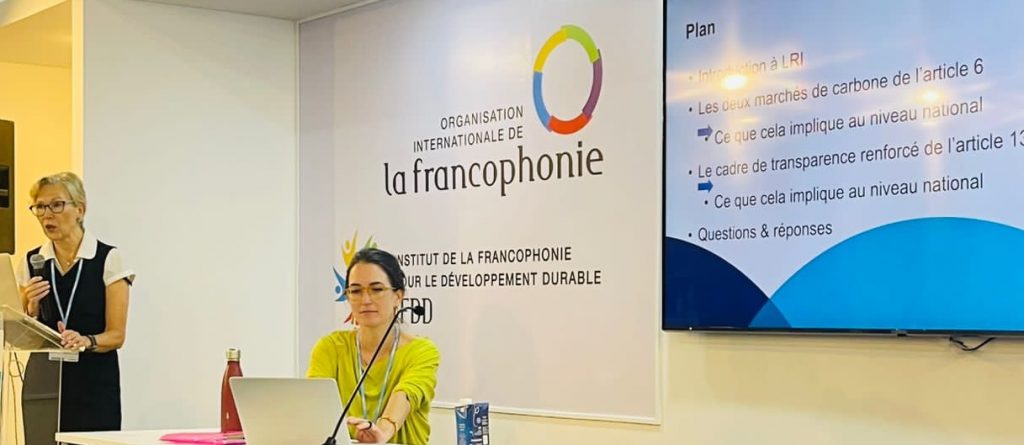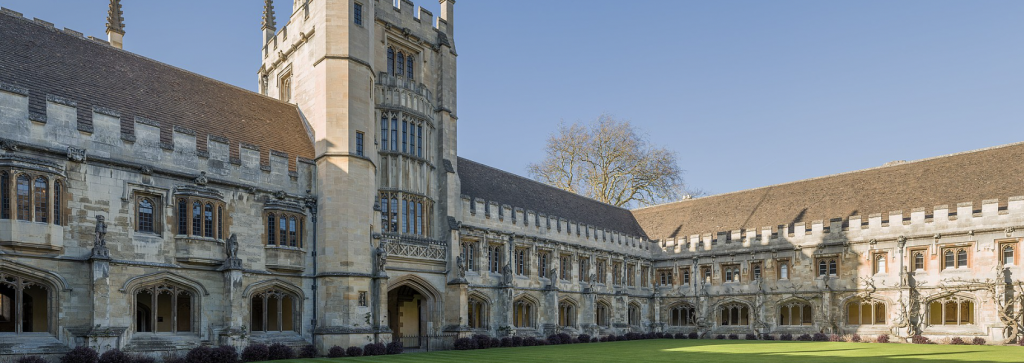8 December 2022
The impacts of climate change are becoming ever more serious, while international climate law is becoming ever more complex and demanding. Low income developing countries are disproportionately impacted, but with limited capacity to respond in comparison with major emitters.
We are a London based charity, working with low income developing countries and civil society by providing high quality free legal advice in connection with UN climate change meetings.
LRI has a team of 3 staff, coordinating a network of over 170 legal experts from law firms, universities and barristers’ chambers who provide advice and assistance on a pro bono basis. Over the last 10 years, LRI has become a highly respected source of knowledge and support in working with low income developing countries and other vulnerable parties in the international climate negotiations under the UNFCCC.
As international rule making is now substantially complete and work under the Paris Agreement is shifting towards national implementation, LRI seeks to increasingly broaden its focus to include working with climate vulnerable developing countries, in particular the LDCs, to strengthen their capacity to respond to the climate challenge and support them in their efforts in law and policy making at the national level.
We are seeking 2-3 new trustees, with relevant expertise, enthusiasm and time to help guide this strategic shift in our work.
Experience in any of the following areas will be useful:
• Climate-related law and policy making;
• Developing relevant networks, including by identifying potential partners, or providers of legal and policy making advice, especially in Sub-Saharan Africa; and/or
• Capacity building, professional education and remote learning.
We welcome applications from outside the UK, but it will be useful if you are able to attend online meetings in the afternoon or evening, GMT. We are an equal opportunities organisation.
Time Commitment: We hold 4-6 meetings per year, usually on Zoom and welcome assistance as appropriate outside of these meetings.
Salary: None, but expenses available
Term of appointment: 3-4 years
How to apply and when: Please send your CV and covering letter to Pascale Bird (pbird@legalresponse.org) by 9 January 2023
To find out more: Please contact pbird@legalresponse.org or the board’s co-chair Anne Miller anne@annemiller.uk



